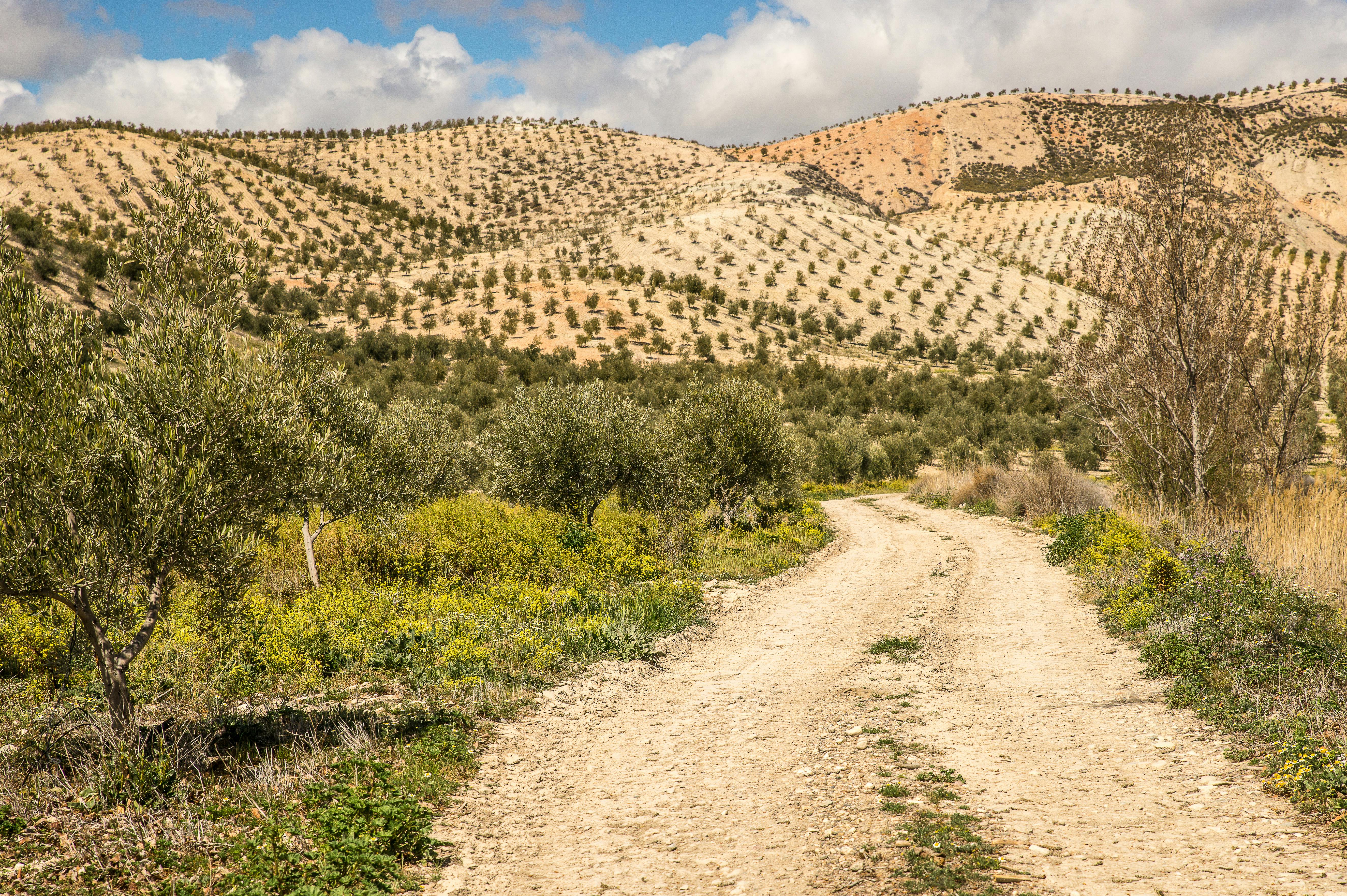
Olive Farming In Bissau
Olive farming in Bissau, the capital of Guinea-Bissau, is not a prominent agricultural activity. The country's agriculture primarily focuses on staples such as rice, cassava, beans, and yams, with cashew nuts being a significant export commodity.
- While olives are mentioned among the crops grown in Guinea-Bissau, there is limited information on large-scale olive cultivation or commercial olive oil production in the region. The country's agricultural sector is predominantly subsistence-based, with a focus on food security and traditional crops.
- In contrast, other African nations like South Africa have developed more established olive industries. South Africa's olive farming is concentrated mainly in the Western Cape region, with a focus on premium quality products such as extra virgin olive oil. The industry has its roots in the late 1800s, initiated by Italian immigrants who introduced olive cultivation to the region.
- For Guinea-Bissau, the potential for developing an olive farming industry would require significant investment in agricultural infrastructure, research into suitable olive cultivars for the local climate, and the establishment of processing facilities. Given the current agricultural priorities and resources, olive farming remains a minor aspect of Guinea-Bissau's agricultural landscape.